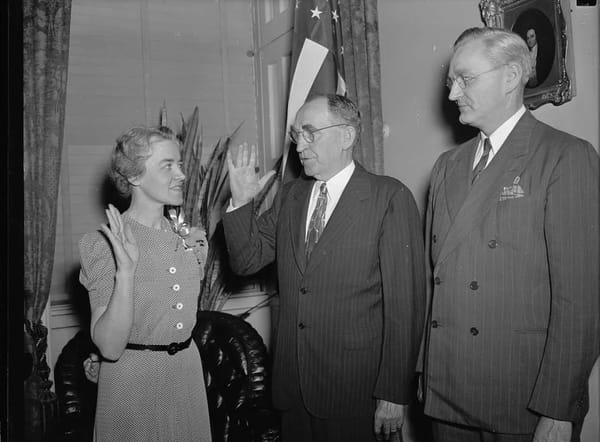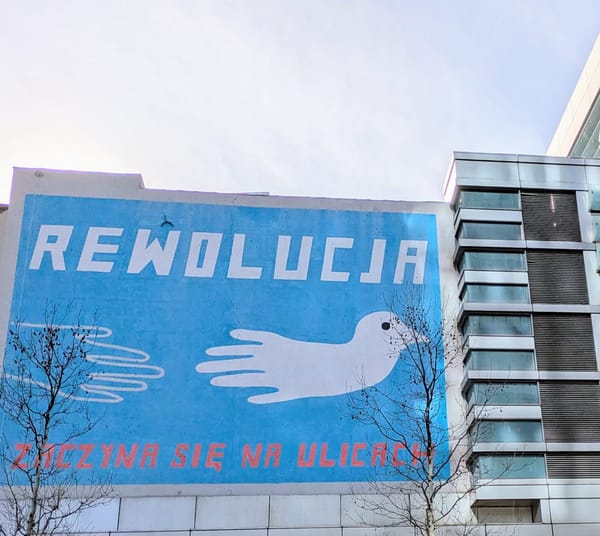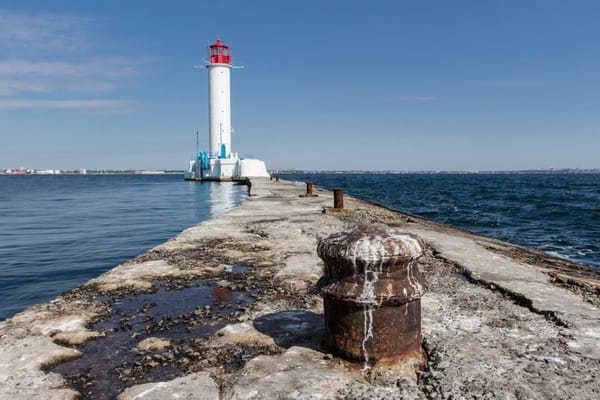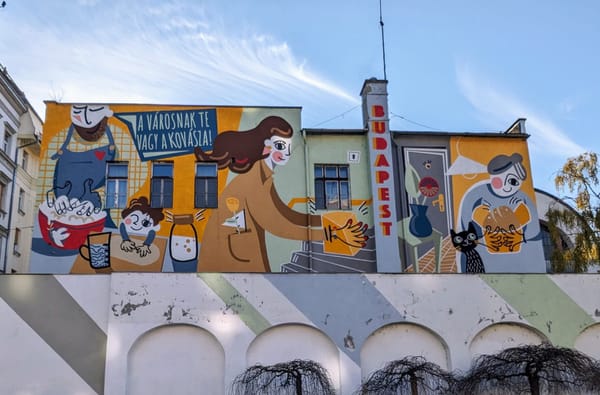The Curious Case of Whatsthepointism
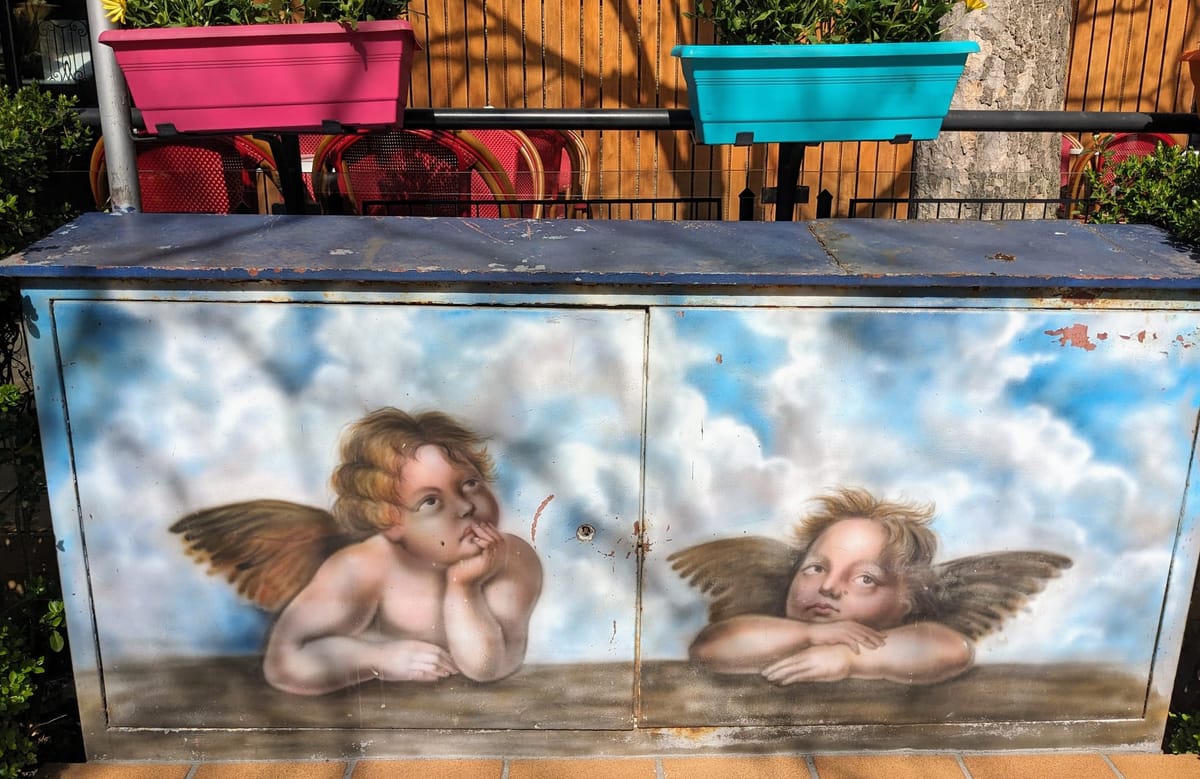
As anyone who has seen my cheeky ¿what if we are not journalists? talk, I have been trying to learn from the approach of other professions: visual artists, geographers, baristas, musicians, nutritionists, and epidemiologists. Wearing my distinctly-amateur epidemiologist's cap a couple of years ago, I started to diagnose what seemed like a particularly Bulgarian affliction.
I came to realize that what I thought was a Bulgarian Flu was not at all unique to this country, it just was more pronounced for me because the work I was doing was revealing all sort of challenges. Challenges that also provided opportunities for solutions and change. Yet, the attitude of most of the people I spoke to revealed reluctance, or even revulsion at the idea that change was possible. ¿Why fix that when it will just be broken in a month? ¿Sure we could make that better, but nobody will pay for it? And most troubling, We've tried to fight corruption...nothing works and the people who fight corruption just end up being corrupt.
This isn't distinct to Bulgaria and to call it the Bulgarian Flu is a bit unfair. We're talking about a severely metastasized case of Whatsthepointism. [pause for Bulgarians to take offense and Americans to think ¿wait....do we have that here?].
Here is one talented Bulgarian pointing out this problem (translation below):
Here is the rough translation of the conversation between an off camera interviewer and @diana_bosa (in character):
The Anti-Corruption Fund revealed huge schemes in Kovachki's companies.
So what?
Why don't you care? By paying our electricity bills we Bulgarians pay every penny of every scheme of Kovachki.
And why would I care?
Watch the video to understand how they pollute the air and how the ministry turns a blind eye.
Don't bother me with nonsense. I don't have time to watch such things. Oh, wait, there’s a new nasty episode of "The Bachelor". I need to watch it.
Amusing. Absurd. All too familiar to all us, whether American or Bulgarian.
The investigation she is referring to was conducted over several months by The Anti-Corruption Fund (ACF), and it effectively detailed what ACF calls "one of the best-kept secrets of Bulgaria’s energy sector: an energy cartel of over 150 companies with seemingly unrelated owners from several jurisdictions." Read the three part series here.
The attitude that @Diana_Bosa so deftly portrays above seems largely shared by politicians and prosecutors, given the lack of public response.
Confused, though not shocked, I reached out to one of ACF's investigators, Stefan Krastev, to ask about the Whatsthepointism diagnosis:
GG: Do you see Whatsthepointism as a regular problem in Bulgaria, particularly as you and others work to highlight the impact of corruption on the lives of Bulgarians and on the political and economic systems there?
Stefan Krastev: I have a favorite story from 2022. There were debates in the Bulgarian Parliament regarding the fate of the notoriously corrupt Specialized Prosecutor’s Office (SPO). This office was established to combat high-level corruption and organized crime, but it became embroiled in controversy due to allegations of its involvement with criminal networks.
During one parliamentary debate, former MP Dany Kanazireva defended the SPO and criticized her opponents who wanted to abolish it. She came to the speaker's podium and obviously wanted to shout a memorable slogan, something like "Hands off the Specialized Prosecutor’s Office!” However, she inadvertently shouted, “Hands off the organized crime, lest complete chaos reign!” This Freudian slip sparked a lot of laughter and memes at the time.
A few days ago, while thinking about a future investigation we are embarking on, I was reminded of this incident. It seemed that the scheme in question was allowed to persist because many ordinary people were aware of it and tolerated it. I considered that Mrs. Kanazireva’s words — “Hands off organized crime, or there will be chaos” — are telling. On one hand, organized criminal groups appear to be structured and grounded, difficult to oppose. On the other hand, there is a perception that losing their power could result in chaos, leading people to question: what's really the point? This mindset seems quite natural in Bulgaria, as well as in many other places around the world.
GG: Where do you think that comes from?
Krastev: I guess it comes from a lived experience of having public life organized this way for as far back as many people can remember. It seems, in Bulgaria, in political regimes of very different ideological profiles, informal networks and relations have played a significant role in in shaping the power structures and public life.
You’re not a victim. How do you fight it? What are possible ways to fight it?
I do ask myself “What’s the point?!” all the time, though. I guess my own position is a mixture of some naivete about the difficulty of change and the privilege not to be dependent on such informal networks for my own survival and the survival of my family. And the privilege to see how grounded this “hands off the organized crime” attitude is among certain people, but also how it is not coming from a deeply felt loyalty but is a rather tactical allegiance to the powerful of the day, something which can change very, very quickly. There is a brilliant book by a Russian-American anthropologist, Alexei Yurchak, and I think its title captures this fragility of seemingly eternal power structures: “Everything Was Forever, Until It Was No More.”
Also, “What’s the pointism” is just half the story we must say. There are large groups of Bulgarians who are profoundly angry at how things are – and they have been active in various ways across the political spectrum and the public spaces. And they have been using every political opportunity to loudly state their point.
GG: What warnings do you have for Americans who might be feeling despair and helplessness at this moment...what will happen if they develop The Bulgarian Flu?
Krastev: I don’t think I feel like issuing any warnings…there are many legitimate reasons to feel despair and helpless at the moment. But I must admit I have found great inspiration in how fast communities and citizen groups across America have organized to defend their rights and the democratic procedures under threat. There are truly inspiring examples of courage and of people standing for each other even in these disturbing times. We just have to do the right thing,
I guess, no matter the situation.
GG: It seems that the amazing investigation series you ran recently has not been taken up by the EU or BG authorities. What do you attribute that to? Is there a responsibility on the part of citizens to respond better?
Krastev: We have experienced this before with almost all the investigations we have published. For example, with the “Eight Dwarfs” investigation from 2020, the authorities first ridiculed it and dismissed the facts we published. Some years later, parliamentary committees were established to investigate the facts surrounding the Eight Dwarfs case, and key judicial figures began accusing each other of being part of the criminal network.
Authorities are slow to react, but such revelations always affect them, and changes invariably take place. And of course, people’s reactions to such scandals are what make them change. Without the people’s outrage there will be nothing.
To be clear: many of us understand what the point is. Stefan and his colleagues at ACF are demonstrating that by continuing to try to unravel mysteries that are costly. Costly to civic society and especially to the people who ask "what should I care?"
The challenge for us in the sector is twofold: tell and share these stories in ways that draw connections between our daily lives and the cynicism of the power hungry and their enablers; and to not stop probing with empathy and curiosity, so that when people do care, we are ready to help.
